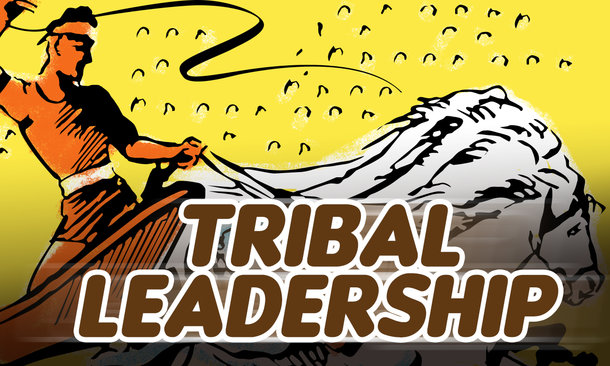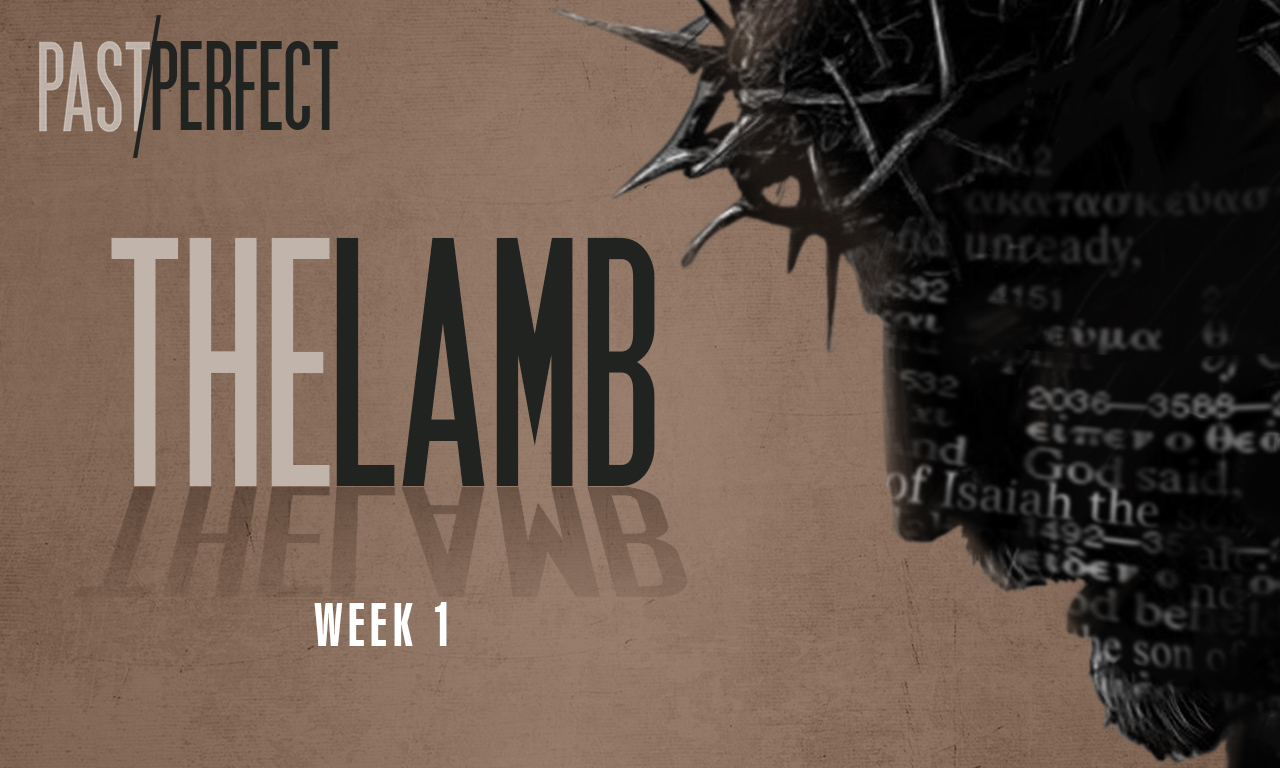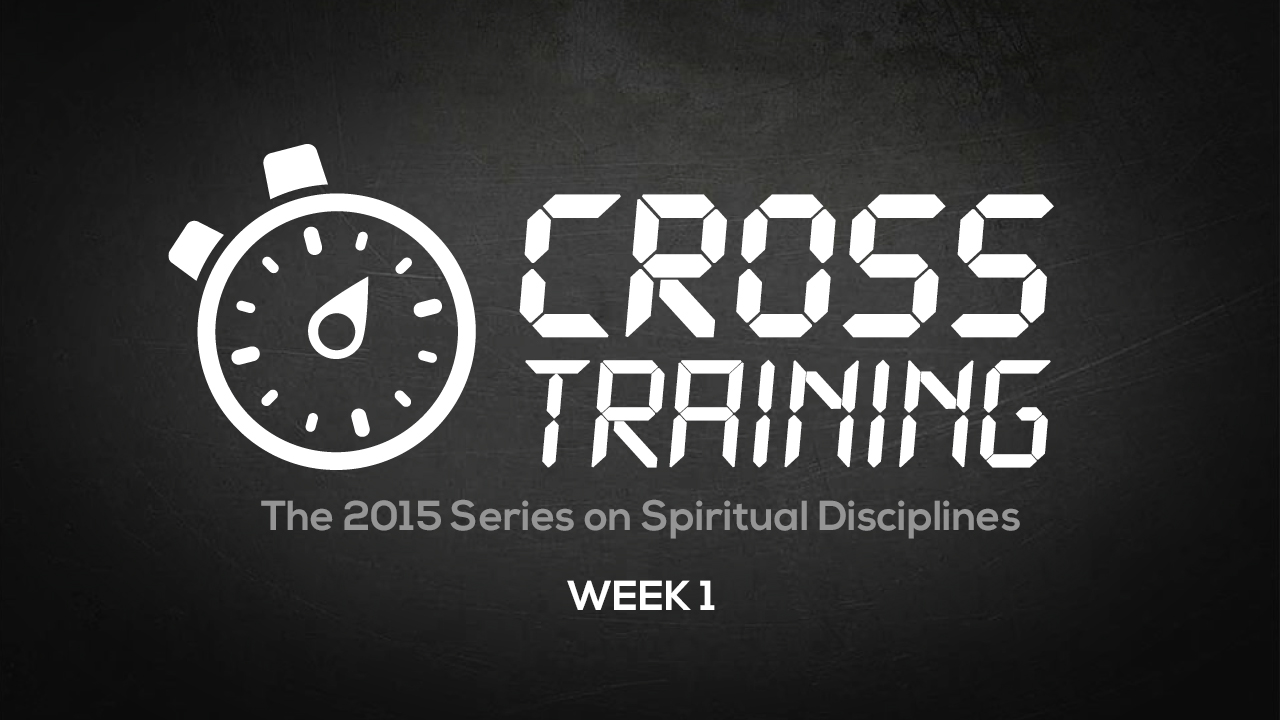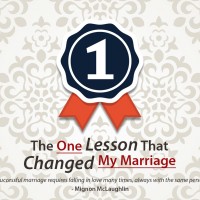Tribal Leadership

Small is big. A big movement can only get bigger if it learns to lead in tribes. It is in leading smaller units that it can become bigger than it already is.
This post is all about how to to possess the land. It's one thing to attack and break into a territory it is quite another thing to possess it. History is replete with conquerors (Romans 8:37) who were unable to effectively occupy and possess. Church movements have also experienced the same problem. While they start out strong and breakthrough the lines of a nation or a city they fail to completely occupy and possess.
This problem stretches all the way back to the oldest of "church movements" of all time - the Israelites, as they entered the promised land and tried to occupy.
Israel has had considerable success winning as they entered the promised land. However, to effectively and efficiently occupy the land they needed a new strategy, they needed to fight in tribes. Whereas they fought as a nation in the past, it was time to occupy and possess. That meant they needed to break up into tribes.
The concept was not only a wise one, it was God's plan. In His sovereign wisdom He knew it was the most effective and efficient way to go about the conquest. To do so meant they had to empower the tribes. Something the nation was not used to. They were used to fighting as one nation.
Tribal fighting was different. It meant not having the whole nation behind you. It meant that the similar success principles and experiences had to be translated into multiple smaller units. In the end it is the best way to grow and expand.
There's not better book to study than the book of Judges to see the failure of Israel in occupying the land. It outlines the reasons for the failure:
After the death of Joshua, the Israelites asked the LORD, "Who will be the first to go up and fight for us against the Canaanites?- The LORD answered, "Judah is to go; I have given the land into their hands.- Judges 1:1-2
Joshua is dead and the leaders had to make sense to how to proceed as they subdued the land as individual tribes. Correctly they realized they needed to ask the Lord for leading and guidance, one that they learned from Joshua who learned from Moses.
The Lord responds by saying Judah was to go first. Judah in turn invites the Simeonites to join them and they did (v.3). The succeeding verses tell of the success of Judah. They strategically conquer Bezek and subdue it's king Adoni Bezek.
From there they took city after city, first Jerusalem (v.8) then the hill country of the Negev and the Western foothills (v.9). Eventually they subdued Hebron and Debir. Eventually they would expand to Zephath and the key cities of Gaza, Ashkelon and Ekron.
All seemed well until v.19: The LORD was with the men of Judah. They took possession of the hill country, but they were unable to drive the people from the plains, because they had iron chariots.
They took possession of the hill country but were unable to drive the people from the plains. Judah and Israel were used to hill country skirmishes. Plains fighting was not the same. There are at least 80 verses in the Bible pertaining to the hill country, many of them indicate that the Israelites were used to the living and working in these areas. Verses that date all the way back to their father Jacob.
Here are a number of thoughts about from the book of Judges chapter 1:
To fully occupy and possess the land we need to divide into tribes. Tribal advancement means learning to fight in smaller units - small is big. This is achieved by taking the principles of the big army and being able to translate it into strategic plans for tribes.
One reason that is so important is because each tribe will encounter a different kind of enemy as it progresses on. Such is the case in verse 19 when they found that to occupy the plains they needed to learn how to engage people who had chariots.
Hill country fighting lent well to talent, ambush, surprise, pick-up a sword, bow and arrow and you're ready to fight. Plains fighting needed more structure, preparation and discipline. To fight chariots needed a different discipline. The principles remain the same but the realities are different.
In discipleship terms each unit will be faced with dealing with a variety of cultures. Strategies, ministry brand names, outreach modes will vary from Manila to Mindanao, even more so from Nasville to Nigeria.
The tendency is to centralize and not break down into tribes that will have distinct responsibilities. It's the easier path. However, we must be warned that big is small. A centralized unit cannot possess and occupy a wide area, it needs to learn to empower. Then it needs to hold the units accountable. Realizing that each tribe will face a different kind of enemy but trusting that using the same principles as one army they will be able to succeed.
My Comments Policy
While my site offers visitors the ability to converse, I have a few ground rules so that our conversations will remain civil and courteous.
1. You must register in order to leave a comment. I don’t entertain pseudo, anonymous or bogus individuals. This site is my home (it has a Home Page, get it). I don’t let strangers who don’t introduce themselves into my home.
2. I love questions. I love them because a lot of times they are similar to someone else’s questions and can even trigger other questions from others. Questions also keep us all sharp. This is also why I respond to them as best as I can and at the soonest possible time. I believe that group answering benefits more people than private email exchanges.
3. We don’t have to agree. Debates are welcome. However, whether it is with me or any other visitors of my site, my rule is this: disagree if you must but keep things civil. That’s just how I run my home, and you are a visitor here. No shouting; I have seen it done in writing. No cursing and no insulting.
4. I reserve the right to delete your comments. Like I said, this is my home. I do not have an obligation to publish your comments. As a human being, you may enjoy the freedom to express your opinions on your own site but not on mine. To be specific, I will delete your comments if you post content that is in my sole opinion: (a) snarky; (b) off-topic; (c) libelous, defamatory, abusive, harassing, threatening, profane, pornographic, offensive, false, misleading, or which otherwise violates or encourages others to violate my sense of decorum, civility or any law, including intellectual property laws; or (d) “spam,” i.e. an attempt to advertise, solicit, or otherwise promote goods and services. You may, however, post a link to your site or your most recent blog entry.
5. You retain ownership of your comments. I do not own them and I expressly disclaim any and all liability that may result from them. By commenting on my site, you agree that you retain all ownership rights in what you post here and that you will relieve me from any and all liability that may result from those posts.
6. You grant me the license to post your comments. This license is worldwide, irrevocable, non-exclusive, and royalty-free. By posting comments on my site, you automatically grant me the right to store, use, transmit, display, publish, reproduce, and distribute your comments in any format, including but not limited to a blog, in a book, video, or presentation.
In short, my goal is to host interesting conversations with caring, honest, and respectful people. I believe this clear and simple comments policy will facilitate this.


































